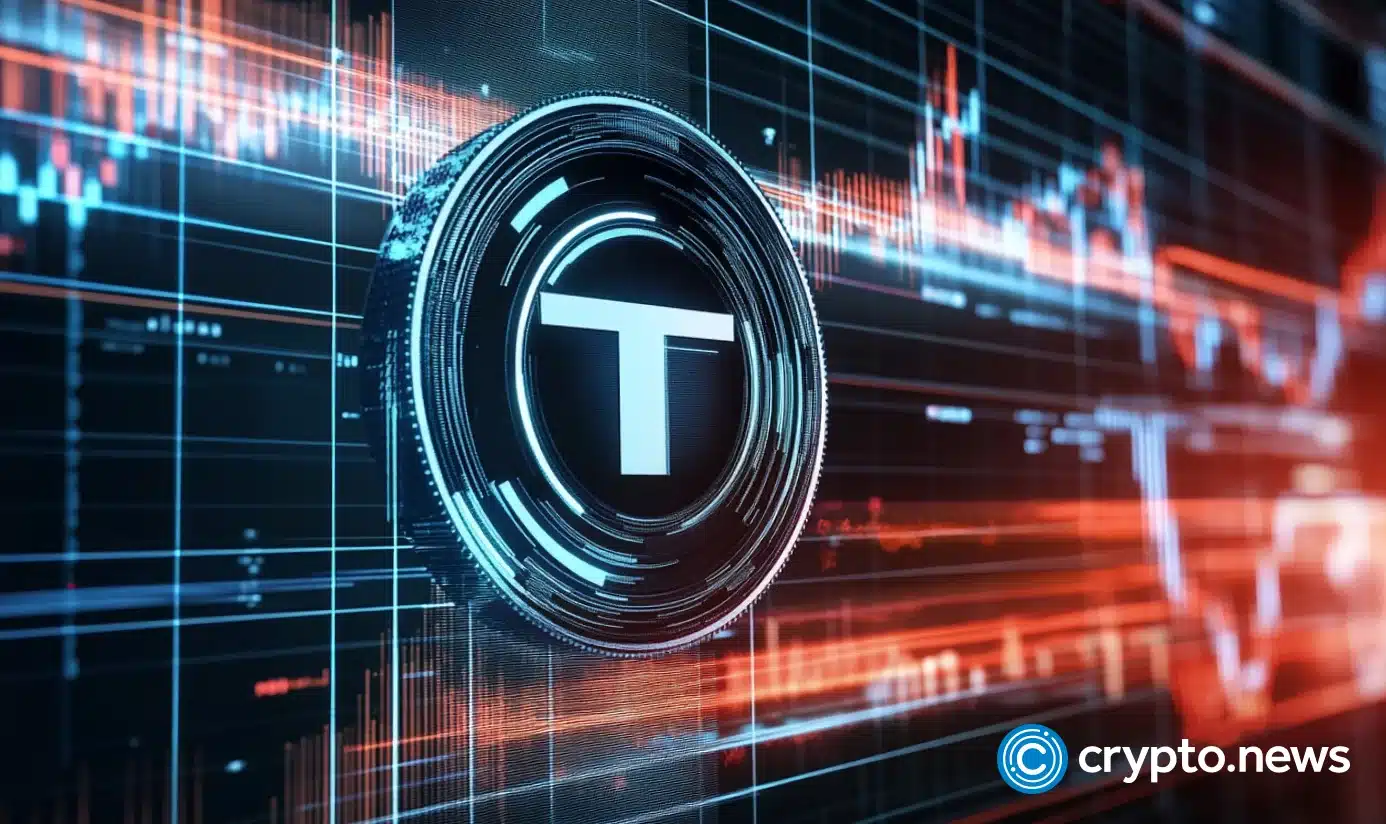
Telegram-backed The Open Network came to a standstill on Aug. 28 as block production halted due to network overload caused by the hype around the new memecoin DOGS.
Data from TON Explorer revealed that no new blocks had been created for a close to seven-hour period, with block 39987437 being the last one mined before the outage. However, at the time of writing, block production had resumed.
The TON-based memecoin platform Tonk Inu first flagged the incident, stating that the launch of DOGS had resulted in high volumes of traffic, which likely led to the outage.
The official X account for the TON blockchain acknowledged the issue, citing “abnormal load,” highlighting that roughly 20 million transactions had been executed on the network over the past 48 hours.
“Several validators are unable to clean the database of old transactions, which has led to losing the consensus.”
Due to the increased load, TON validator nodes reportedly lost consensus. TON Core, the network’s development team, had urged validators to restart their nodes at 4:00 AM UTC. This coordinated restart was aimed at resetting the validators’ processes, clearing the backlog of tasks, and returning them to synchronization.
Meanwhile, the TON team has assured the community that all assets will remain safe and pending transactions will be processed.
Prominent cryptocurrency exchanges like Binance, Bybit, and OKX suspended transactions to and from the TON blockchain following the outage.
While it hasn’t been officially confirmed whether the hype around DOGS (DOGS) had led to the outage, TON community member Justin pinned the blame on the new memecoin.
DOGS was launched on Aug. 26 and raked over $1.7 billion in trading volume within the first ten hours. Blockchain explorer Tonscan noted the following day that the memecoin had generated “quite a lot of traffic,” resulting in some “central services” being temporarily suspended at the time.
As previously reported by crypto.news, the launch of DOGS had also disrupted the functioning of multiple crypto exchanges and caused an overload for the Telegram Wallet.


